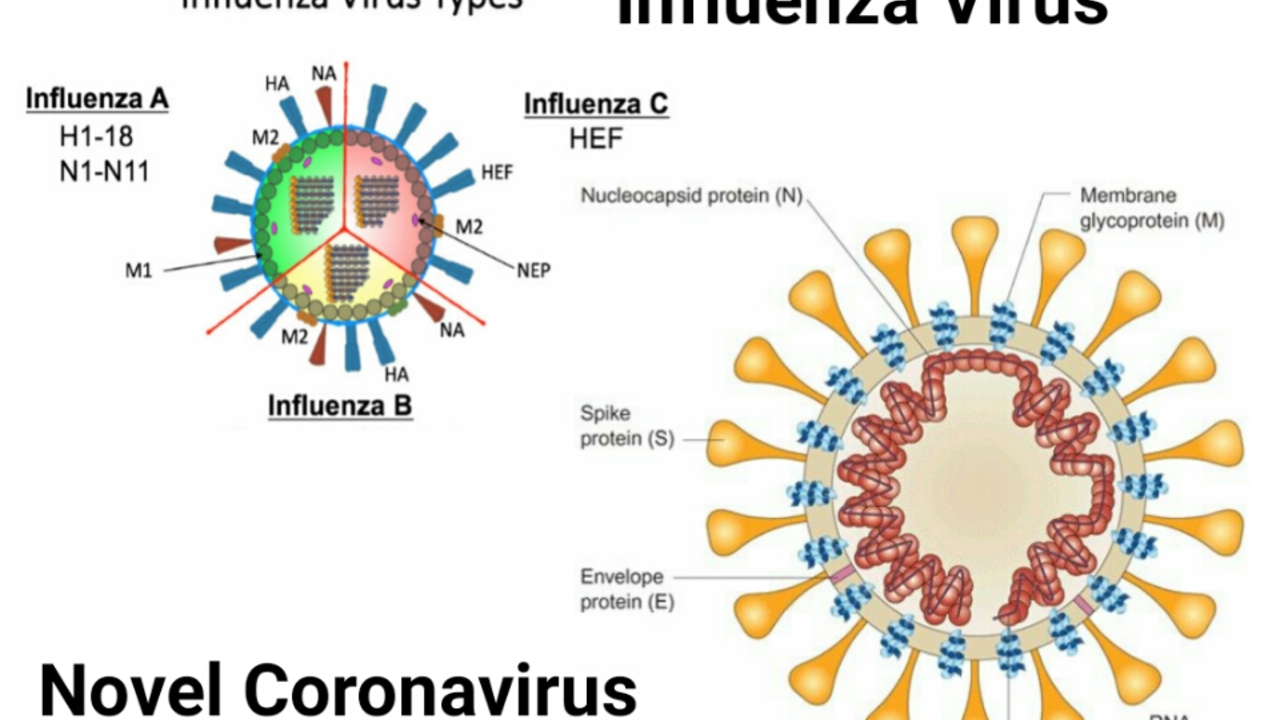As a health enthusiast, I am constantly finding ways to stay ahead of the curve when it comes to new viral threats. In this post, we’re going to dive deep into the existing antiviral treatments for novel influenza, as well as look into what the future holds for us in this space. We’ll discuss current options and the exciting developments on the horizon. So, whether you're a health professional or someone just wanting to understand better, I hope I can provide some useful and interesting insights for you!
Novel Influenza: Quick Facts and Practical Tips
When you hear the word "influenza" you probably think of a cold or the usual flu season. "Novel influenza" means a brand‑new strain that isn’t common in humans yet. These fresh viruses can pop up from birds, pigs, or other animals and may spread faster because our immune systems haven’t seen them before.
How a New Flu Strain Shows Up
Most flu viruses live in animals like chickens, ducks, or swine. Occasionally the virus swaps genetic material with a human flu virus – a process scientists call "reassortment." When that happens, the result can be a novel influenza that jumps straight to people. Because it’s new, the usual flu shots may not protect you, and doctors have to act fast to limit outbreaks.
Spotting the Symptoms Early
Symptoms of a novel flu look a lot like regular flu: sudden fever, chills, muscle aches, cough, and sore throat. What sets it apart is often a more rapid spread or more severe illness, especially in older adults, kids, or those with weak immune systems. If you get a high fever and feel wiped out within a day of exposure to someone sick, call your doctor right away.
Good hygiene can cut the spread of any flu, new or old. Wash your hands often, avoid close contact with sick people, and keep surfaces clean. If you’re in a community where a novel strain is reported, wearing a mask indoors can add an extra layer of protection.
Vaccines are the strongest defense we have, but they need time to match the virus. Health agencies monitor animal populations and human cases constantly. When they spot a worrying new strain, they start developing a vaccine that could be ready in months. In the meantime, antiviral drugs like oseltamivir (Tamiflu) can reduce symptoms if taken early.
Travelers should stay alert. Some novel flu outbreaks start in specific regions before moving globally. Check travel advisories, avoid live animal markets, and keep your routine vaccinations up to date. If you feel sick after traveling, let a healthcare provider know where you’ve been – it helps them decide if you need special testing.
Finally, don’t panic. Most novel flu cases are caught early and managed with antivirals and supportive care. Staying informed, practicing good hand hygiene, and seeking medical help at the first sign of fever can keep you safe. Keep an eye on reputable health sites for updates, and remember that the best defense is a mix of personal habits and quick medical response.

